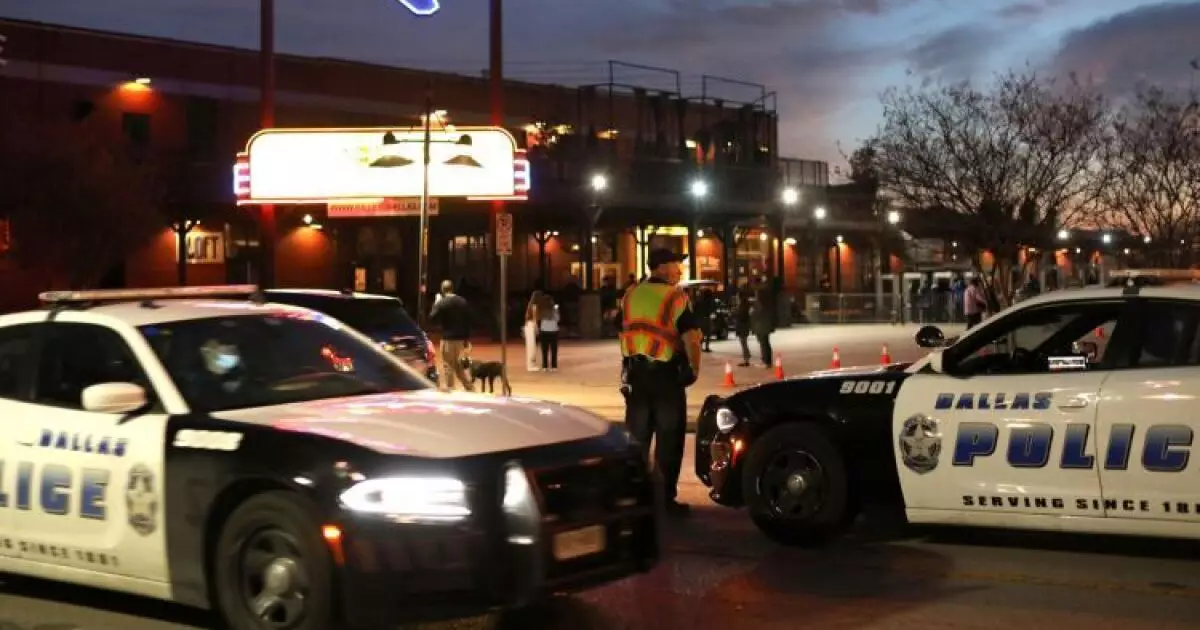In a strategic move to align with recent voter mandates, the Dallas City Council has set an ambitious target to recruit 300 police officers during the current fiscal year. This decision, solidified through a 12-2 vote, comes after the narrow approval of Proposition U by residents on November 5. This charter amendment requires the city to allocate a significant portion of its increased annual revenue toward enhancing public safety, including the critical task of funding police pensions and increasing officer salaries.
However, this proposed hiring spree has not been without its consequences. Moody’s Investors Service, assessing the fiscal health of Dallas, responded by downgrading the city’s credit outlook from stable to negative. The rating agency cited potential risks stemming from Proposition U, including the curtailing of the city’s financial flexibility and the intensifying liabilities associated with the Police and Fire Pension System. As the city aims to elevate its police force to 4,000 officers from the current 3,100, the accompanying financial implications raise eyebrows among fiscal analysts and city officials alike.
The predicament is compounded by the dire state of Dallas’s public safety retirement system, which is currently only 39% funded and wrestling with a staggering $3.2 billion in unfunded liabilities. In response to this troubling reality, the council initiated a five-year plan in September to enhance contributions to the pension fund. This plan seeks to comply with a Texas law designed to uphold the system’s solvency, but the burden of increased salaries for newly hired officers adds another layer of complexity.
City Manager Kimberly Bizor Tolbert conveyed that the financial implications of hiring 300 new officers would amount to around $10 million, as opposed to $12.3 million for a more ambitious goal of 325 recruits. This strategic scaling back suggests a cautious approach to ensure that the hiring aligns with available training capacity and budgetary constraints. The Finance team remains engaged in discussions to secure additional funding, emphasizing the delicate balance between public safety needs and fiscal responsibility.
The urgency of promptly scaling up the police force has reverberated through community discussions, led by advocates such as Damien LeVeck, the executive director of Dallas Hero. His organization was instrumental in launching the voter initiative that set these public safety goals in motion. LeVeck’s concerns about the hiring pace reflect a broader anxiety within the community that the aspirations of Proposition U may falter without immediate action. He emphasizes the critical need for the city council to explore all feasible options to accelerate the hiring process, asserting that public safety must remain a top priority.
As Dallas navigates this complex landscape of hiring mandates, fiscal constraints, and community expectations, the city’s leadership must remain vigilant to ensure that the ambitions laid out by Proposition U translate into actionable, sustainable strategies. The challenges ahead will require not only robust planning but also a commitment from all stakeholders to prioritize public safety while maintaining sound financial practices.

